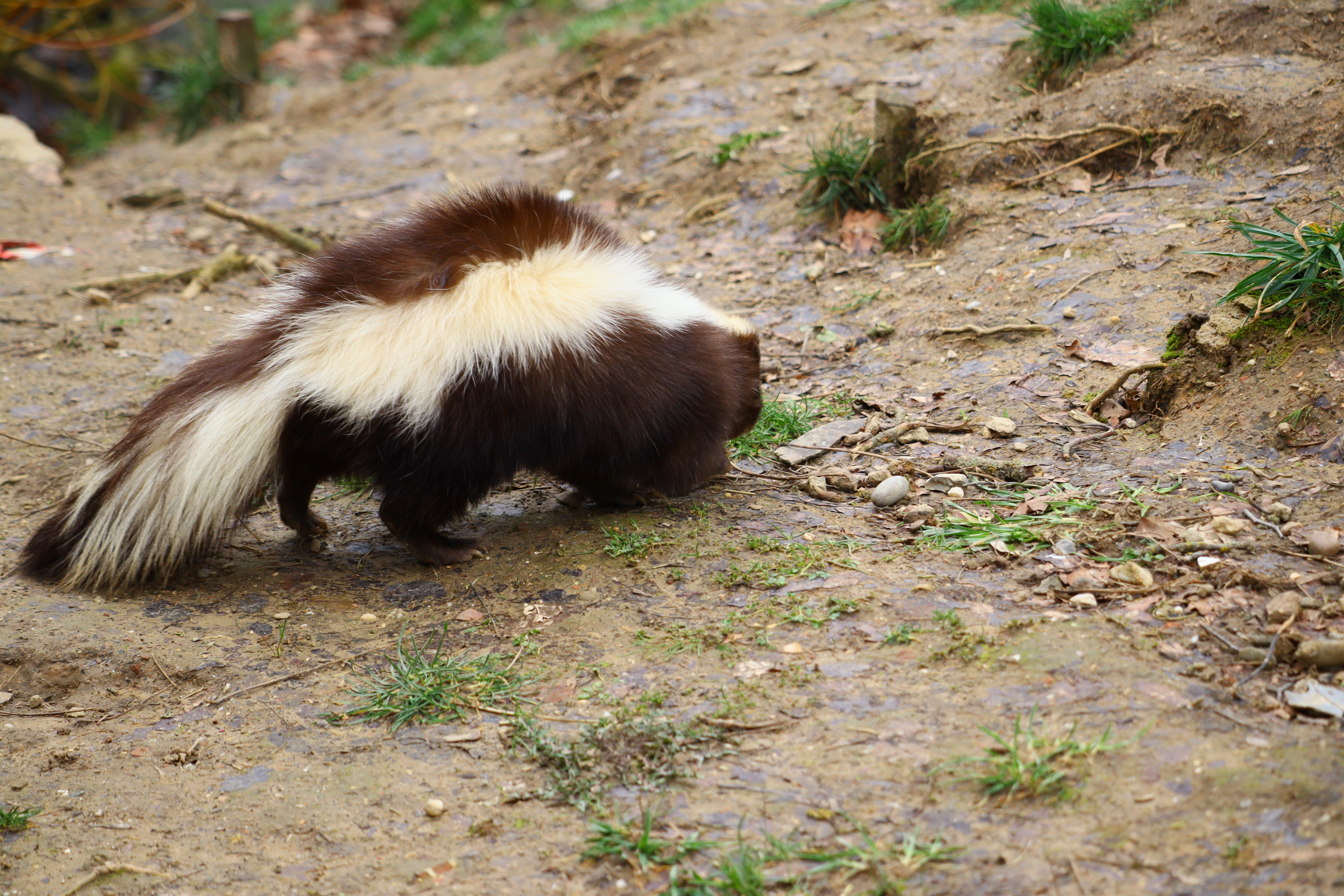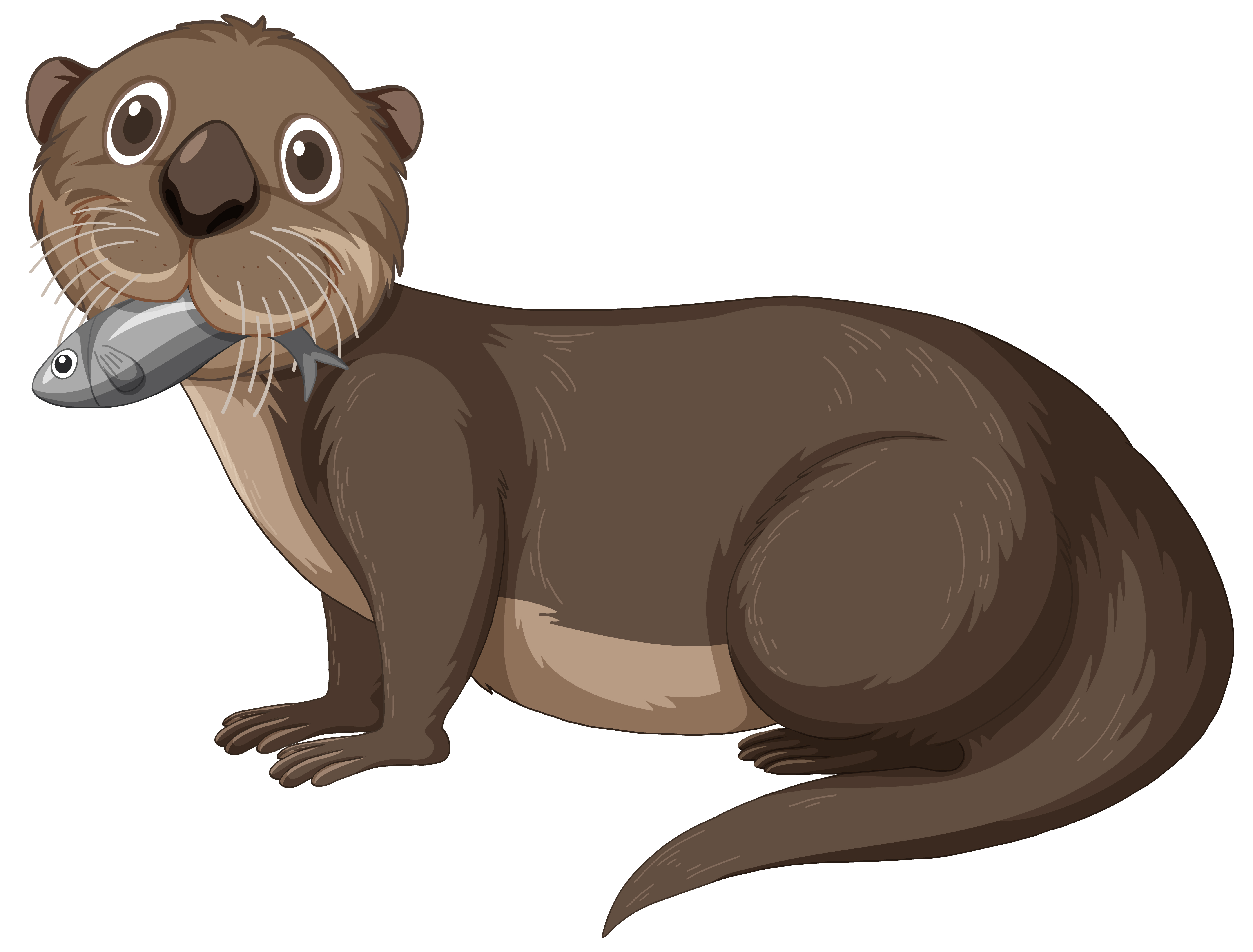Introduction
Hey there, fellow ferret enthusiast! Let's dive into a topic that might not be the most glamorous but is incredibly important for our furry friends - ferret poop. I know, I know, it's not the kind of conversation we usually have, but trust me, understanding your ferret's poop can reveal a lot about their health and well-being.
Physical Characteristics of Ferret Poop
Alright, so picture this: you're checking your ferret's litter box, and you notice these little cylindrical droppings. Perfectly normal, right? These tubular-shaped poops can tell you a ton about your ferret's digestive health.
They should be firm but not rock-hard, and their color might range from brown to dark green. It's like a secret code your ferret's body is sharing with you.
Color Variations and What They Might Indicate
Now, let's talk colors. Ferret poop can come in different shades, and each hue could be a clue. Dark green? Well, that could be your ferret enjoying a veggie feast. But if you see pale poop, it might be time to consider their diet.
Oh, and keep an eye out for any red or black specks - those could be signaling something more serious. It's like deciphering a poop rainbow!
Frequency and Regularity
Okay, so how often does your ferret do the deed? Multiple times a day is pretty typical. But here's the deal: variations can happen. Stress, changes in routine, or even new food can throw off their schedule. So, if you notice your furball getting a bit irregular, don't hit the panic button just yet.
Factors Influencing Variations in Poop Schedule
Life happens, right? Just like us, ferrets can be affected by stress or changes. Moving to a new home? The poop schedule might go haywire. That dietary upgrade you introduced? It could lead to a little schedule shuffle. Remember, they're sensitive souls, so give them a bit of time to adjust.
Diet and Poop Composition
Alright, time to talk grub. Your ferret's diet is like the director of the poop show. High protein is the star of the show here - after all, ferrets are carnivores. A well-balanced diet is like the key to a perfectly choreographed poop routine.
Identifying Undigested Food in Ferret Feces
Ever spot whole chunks of food in your ferret's poop? Don't worry, you're not a detective in a mystery novel. It's your ferret's way of saying, "Hey, my tummy's not quite processing this!" Could be a diet issue, or maybe they're just a little too excited to gobble up their meals. Either way, a bit of adjustment might be in order.
So, there you have it! Ferret poop might not be glamorous, but it's your ferret's way of communicating with you. By paying attention to the physical characteristics, frequency, and diet-related aspects of their poop, you're basically becoming a poop detective.
And let's face it, being a ferret poop detective is a special skill that only we ferret lovers can truly appreciate. So, here's to healthy poops and happy ferrets!
Conclusion
While ferret poop might not be the most glamorous topic, it serves as a valuable indicator of your furry companion's well-being. By closely observing and understanding various aspects of your ferret's poop, you can gather important insights into their health, digestive system, and overall condition.
FAQs
What does ferret poop look like?
Ferret poop, also known as feces, typically has a tubular shape and appearance. These droppings are usually cylindrical and compact, resembling small tubes. The size can vary, but they're generally a few centimeters long.
The color of ferret poop can range from shades of brown to dark green, depending on their diet and overall health. While individual variations exist, the shape and consistency of ferret poop tend to be relatively consistent among healthy ferrets.
How bad does ferret poop smell?
Ah, the infamous question about ferret poop odor. Well, the truth is, ferret poop does have a distinct smell, and it's not exactly a bed of roses. Due to their carnivorous diet and high-protein intake, ferret poop can have a relatively strong and pungent odor.
It's important to note that the intensity of the smell can vary from one ferret to another and may also be influenced by their diet and overall health. Regular cleaning of litter boxes and proper hygiene practices can help manage the odor to some extent.
What does my ferret's poop mean?
Your ferret's poop can provide valuable insights into their health and well-being. Monitoring the physical characteristics, frequency, and color of their poop can help you detect any potential issues. For example, changes in poop consistency, color, or frequency could indicate dietary imbalances, stress, illness, or other health concerns.
Dark green poop might suggest excessive consumption of certain foods, while very pale poop could indicate a lack of essential nutrients. Red or black specks in the poop might signal bleeding in the digestive tract. Regularly observing and assessing your ferret's poop allows you to catch any problems early and seek veterinary care if needed.
Remember, while ferret poop might not be the most glamorous topic, it's an essential aspect of responsible ferret ownership.
Understanding what your ferret's poop looks like, how it smells, and what changes in its poop might mean can help you provide the best care for your furry friend. If you ever have concerns about your ferret's poop or overall health, don't hesitate to consult a veterinarian for professional guidance.
You may also be interested: Sugar Free Lollipops



